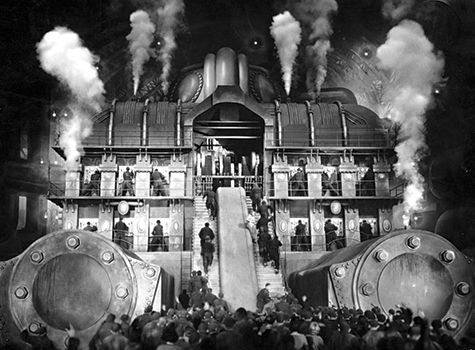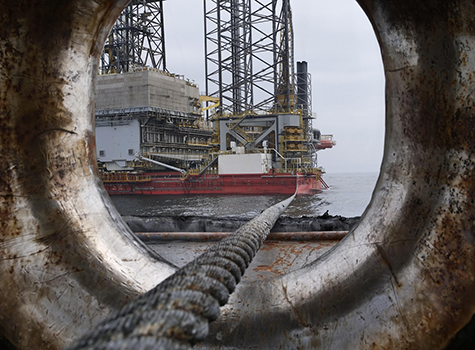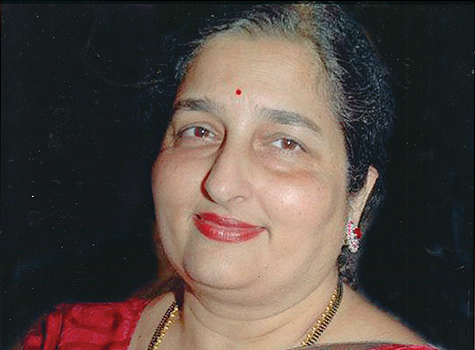
“Hope is a gift you don’t have to surrender, a power you don’t have to throw away. And though hope can be an act of defiance, defiance isn’t enough reason to hope. But there are good reasons.” ~ Rebecca Solnit
We live in interesting times as a series of events have come to pass which appear superfluous on the surface, and yet upon further analysis reveal much deeper meaning.
I’ve been aware of the Eastern concept of SaṃsÄra for several years now. Birth, Life, and Death in a constant cycle. On the surface, it tells us that all beings are aimlessly drifting through existence, destined to end and then return to do it all over again. On a much deeper level, it invokes us as beings with free will to make specific choices to break this seemingly endless cycle and reach true enlightenment.
Some who prefer a much more Western way of thinking would find such notions far too abstract and feel that one life is plenty enough to worry about, let alone multiple lives.
I am endlessly amused pointing out to these selfsame Western believers that even our day-to-day tasks are in themselves… cyclical. We wake up. Get ready for work. Go to work. Do our work. Finish work. Go home. Rest for a short while before going to bed and starting the process all over again the next day. This became even more on-the-nose when the pandemic forced many of us to remain quarantined in the tiny fishbowl environments of our homes for months on end.
Fritz Lang’s 1927 science-fiction film, Metropolis, has an iconic scene which shows the main protagonist stumbling through a factory within the underbelly of the aforementioned city. These faceless workers move in an almost sensational yet mindless rhythm with the very machinery they’re operating. Lang’s intent was to portray each of their movements as erratic yet calculated in their repetitive nature.
The protagonist then has a strange vision depicting these laborers “sacrificed” to a machine known only as “Molach” and even as they are pushed past steam and fire into the mouth of this synthetic “God,” more workers have already marched up the stairs in near perfect unison to become this mythical being’s next round of sustenance. Nearly 100 years have passed since the iconic film’s initial release, and yet its overarching themes still palpitate through other stories and even mirror us in so many ways.
“Maybe the point of hope isn’t to make dreams come true. Maybe it’s just the blanket that keeps us warm while we chase them.” ~ Jonathan Barouch
Our modern media feeds are flooded with a cacophony of senseless brutality, important figureheads spouting half-truths, and an overall sense that you as one person won’t make much impact on the world at large. It’s as if this over stimuli of negative information has engulfed you in a cloak of meaninglessness to steal you away from further disappointment. This isn’t depression… not exactly. It’s more like a shield that protects you from any vital force necessary to see past the mundane and instead be wonder-smitten by the beauty hidden beneath the grotesque.
This sensation is known by many names: burnout, apathy, alienation, ennui, fatigue, melancholy, lethargy, tedium. Each one describes our ever-growing desensitization with the world due to repetition and resistance to change it.
We can’t seem to get away from the sensationalism of mass shootings, hate crimes, war, climate change, AI, economic divides, and censorship. It’s like we’ve collectively reached a state of existential stupor and news outlets are then forced to magnify their stories with so much pomp and circumstance just to keep the public interested; “give ‘em the ol’ razzle-dazzle” as they say.
Yet, I think deep down we all long for a sense of hope. We yearn for magic, some deeper truth clinging to our desire for transcendence. We want to break that cycle and reach the enlightenment SaṃsÄra so often teases in its teachings. The real conundrum then becomes… do we really want to?
We exist in a world where (optimally) every deplorable human act should be balanced out by a beautiful one, and yet ‘good deeds’ don’t seem to get the same amount of ratings. Because of our capacity for conscious thought, we all have the potential for both the greatest good and the most dreadful evil. Morality has hit a much greyer area as of late, however. Whether this is due to the aforementioned desensitization or something else, I’m not entirely sure.
I still cling to hope that we can be better; that we can do better. Occasionally a beacon of light peeks through the clouds and shines in defiance of the gloom surrounding it. Stories like Metropolis offer us a glimpse into an alternate reality through metaphor. Such cautionary tales remind our collective conscience that we all have the capacity to change our fate but must make an effort to do so.
The life by which you live is not simply a piece of the entire existence but is in a certain sense the whole of everyone else’s. Perhaps one single raindrop in the ocean can cause just enough ripples to make a difference. We just require that extra push, the desire to break the cycle. We can play a role to better ourselves if the proper litany is there.
Take a leap of faith. Let the blanket of hope rather than resignation comfort you as you surrender to the uncertainties of change. While this transition may not happen immediately, it will happen if you remain vigilant. Just remember that change is rarely straightforward. It can be as complex as genetics and as slow as evolution.
Things don’t always change for the better, but they will change, and we can play a role in that change if we make the choice… to act.
Jennifer Allen works at Saathee and is also a Podcaster, Blogger, Photographer, Graphic Artist, Gamer, Martial Arts Practitioner, and an all around Pop Culture Geek. You can reach her at saathee@saathee.com



